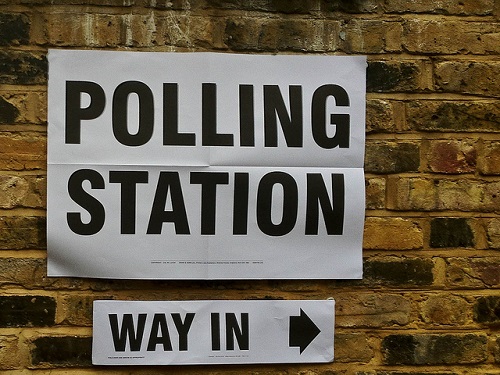
The United Kingdom general election 2015 was held on May 7, to elect the 56th parliament. Voting took place in all constituencies, each electing one Member of Parliament (MP) to seats in the House of Commons. In addition to the general election, local elections took place in most of England. Although we’ve been living in Beijing for the past five years, we have a home in England, are on the electoral register, and were therefore able to cast our vote.
If we’re still expats in 10 years’ time, we won’t be entitled to vote. Most expats living abroad are unofficial ambassadors for their home country. I like to think as British citizens abroad we are promoting British values to our host country. International civil servants, English language teachers, businessmen, and women. Yet, as British citizens we face the voting ban after we have lived abroad for more than 15 years.
Other nationalities, as far as I know, retain a lifelong right to vote in their “home” country no matter how long they have resided outside of it. Most expat British citizens feel the 15 year cut-off is unfair, and are calling for the rule to change. They feel you should have the right to vote in your home country, regardless of how many years you have been expatriated. There are those expats who retain strong links with their home country, and who plan to move back sooner or later, so they feel their right to vote should remain. Then there are those who don’t maintain a home there, have no family ties, and have no plans to return. Is it the right thing to have life-long voting rights or, as is the case for expat British citizens, should the line be drawn in the sand somewhere with regards voting rights.

I spoke to a few longer term expatriates. One of them, a British citizen no longer allowed the vote, argued that his home country 15 years ago was a very different place to what it is today. He only goes back for a couple of weeks each year, to visit friends. He feels it’s right and proper that he isn’t entitled to vote any more. Because he’s been residing out of the UK for so long, he feels he isn’t well-placed to cast a vote on issues that affect his home country. “It doesn’t feel right that I could influence the outcome of an election in a country which for me is now little more than a holiday destination”. Another long-termer explained that, “When voting in a general election, you’re voting for a government, and for your local MP. I own a property, but I don’t reside there. Why would I care who the local MP is?”
One expat, who has lived extensively in both Europe and Asia, thinks people should only have the right to vote in those parliamentary elections where you are currently resident and paying tax. Not applicable to China of course. On the other side of the argument are those that feel you should have a lifetime vote in the country where you are a citizen and hold a passport. Your nationality should guarantee your right to continue voting.
I was relieved to be able to vote in last week’s elections. The UK is still very much our home country. Many of the country’s issues still affect us, even though we’re not currently residing there. Being able to vote on who will take care of education, healthcare, and the future welfare of our home country, is a given right which we’re very glad we still have.
beijingkids Shunyi Correspondent Sally Wilson moved to Beijing in 2010 from the UK with her husband and son. Her daughter was born here in 2011 and both her kids keep her happily busy. In her spare time, Sally loves to stroll through Beijing’s hutongs and parks. She is a (most of the time) keen runner and loves reading: books, magazines, news, and celeb websites – anything really. Sally is also a bit of a foodie and loves trying out new restaurants.
Photos: secretlondon123, Daniel Lobo (Flickr)



